4 Cottage Cheese Alternatives for the Military Diet
The military diet often includes cottage cheese as a protein-rich component, but finding suitable substitutes is important for variety or dietary restrictions.
Alternatives like Greek yogurt, ricotta cheese, or low-fat cream cheese provide similar texture and nutritional benefits.
Each option offers a slightly different flavor, allowing you to customize meals according to taste and health goals.
These substitutes maintain the high-protein, low-calorie profile essential to the military diet’s effectiveness.
Understanding how to swap cottage cheese ensures you stay on track without sacrificing satisfaction.
With proper choices, your meals remain balanced and fulfilling.
Learn the best cottage cheese substitutes for military diet success.
Military Diet Swaps for Cottage Cheese
Cottage cheese substitutes bring versatility to the military diet, keeping meals fresh and satisfying. Many options maintain texture while introducing new flavors. Plenty of alternatives are worth exploring to fit your plan.
Greek Yogurt
Yogurt, a dairy product with ancient roots in human history, stands as a nutritional powerhouse that continues to evolve in modern diets.
Greek yogurt distinguishes itself from regular varieties through a straining process that removes whey and other liquids, creating a thicker texture and concentrated protein content.
This special preparation makes Greek yogurt an excellent substitute for cottage cheese in specialized diets like military meal plans.
The reduced carbohydrate profile comes from the removal of lactose during straining, potentially making it easier for people with lactose sensitivity to digest.
Many health-conscious consumers prefer Greek yogurt not only for its protein advantages but also for its versatility in both sweet and savory recipes.
Hummus
Hummus, a nutritious Middle Eastern dip made from mashed chickpeas, tahini, lemon juice, and garlic, stands out as a superfood powerhouse in many diets.
Each main ingredient contributes valuable nutrients, with chickpeas offering protein, quality carbs, and fiber while the seasonings add flavor and health benefits.
For those following specific meal plans, this tasty spread serves as an excellent substitute for cottage cheese, particularly in the military diet.
Vegetarians especially appreciate that just two tablespoons of hummus can effectively replace cottage cheese portions in their eating regimen.
Egg
Eggs stand out as one of the most nutrient-dense foods available, packed with all nine essential amino acids your body requires for optimal health.
The quality of eggs varies based on how the hens were raised and fed, directly impacting their nutritional profile.
Protein-rich eggs make an excellent addition to weight management plans because they help control hunger and keep you satisfied longer.
Their ability to minimize glucose fluctuations provides significant benefits for maintaining consistent eating patterns throughout the day.
For those following specialized eating programs like the military diet, a single fried egg works perfectly as a substitute for cottage cheese while still supporting the diet's main goals.
Almond Milk
Almond milk stands out as a popular dairy alternative created by blending almonds with water and optional ingredients of your choice.
Many people love its creamy consistency and natural nutty flavor, though some brands offer versions designed to mimic traditional cow's milk.
For those with dietary concerns, almond milk provides significant health benefits since it contains no cholesterol or lactose while keeping saturated fat content minimal.
The military diet specifically recommends using one cup of almond milk as an effective cottage cheese replacement when needed.
This plant-based substitute works well in most recipes requiring dairy, giving you flexibility without compromising taste or texture.
The Key Characteristics of Cottage Cheese To Minic
When replacing cottage cheese in a recipe, it helps to understand its unique qualities so you can match both flavor and texture as closely as possible. Here are the main traits to consider:
How Do Portion Sizes Compare When Replacing Cottage Cheese?
When substituting cottage cheese with other ingredients, portion sizes can vary because of differences in texture, moisture, and density. Here’s a general guide:
Adjust moisture and seasoning as needed since these alternatives may differ in water content and flavor intensity.
Choosing the Right Cottage Chese Substitute by Recipe
When replacing cottage cheese, the best choice depends on the type of recipe you’re making. Matching its flavor, texture, and moisture ensures the dish turns out just right.
For Savory Dishes
Look for an option that matches cottage cheese’s mild tang, moderate creaminess, and moisture level so it blends seamlessly into baked casseroles, stuffed pasta, or egg-based dishes without overpowering other flavors.
For Sweet Dishes
Choose something with a gentle, fresh taste and smooth yet slightly soft texture to complement desserts, pancakes, or fruit-based recipes, while keeping the natural lightness cottage cheese provides.
For Dips, Spreads, and Dressings
Focus on a substitute that offers a creamy, moist consistency and a balanced tang, ensuring it mixes well with herbs, seasonings, and other ingredients for a smooth, flavorful finish.

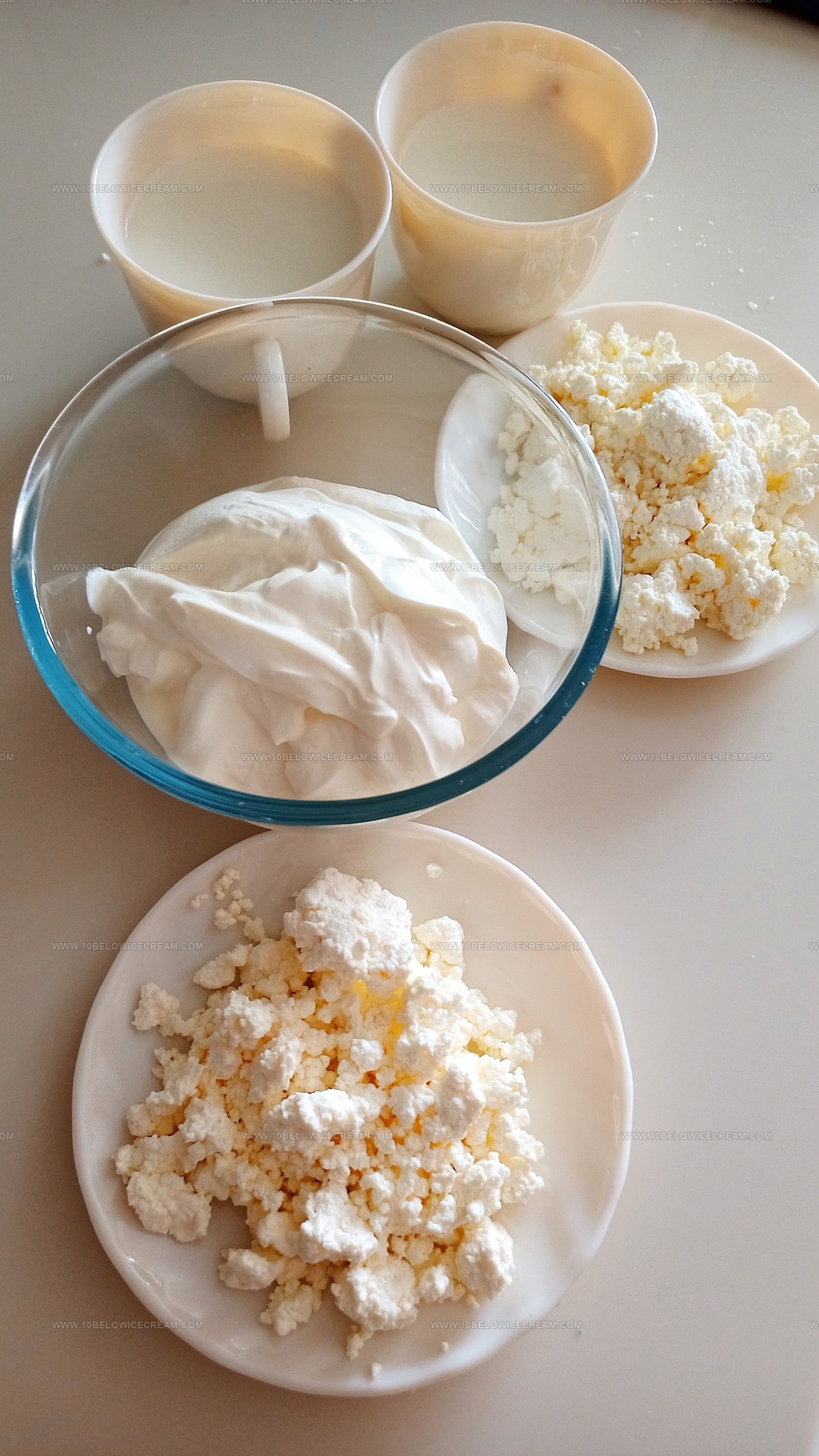
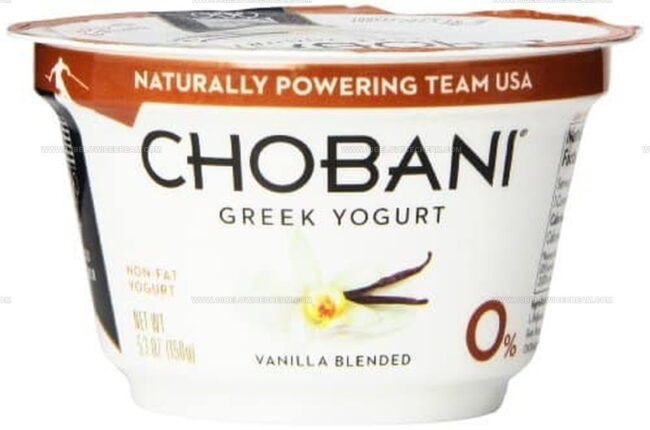
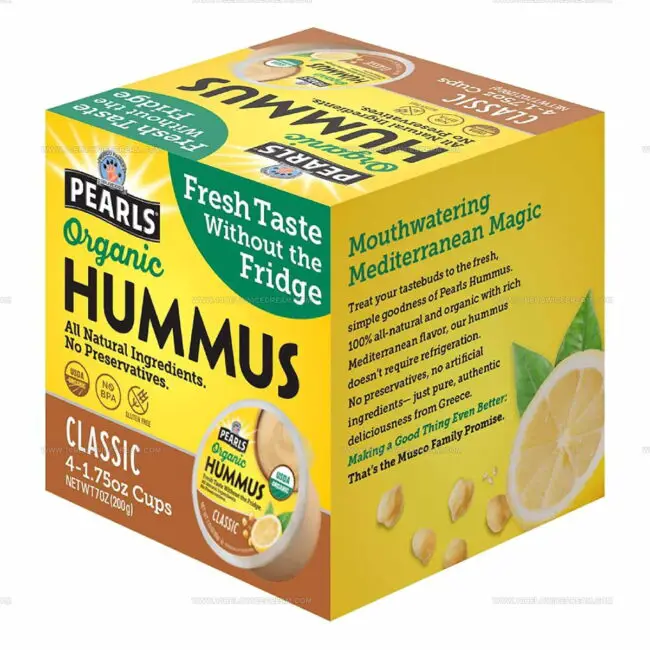
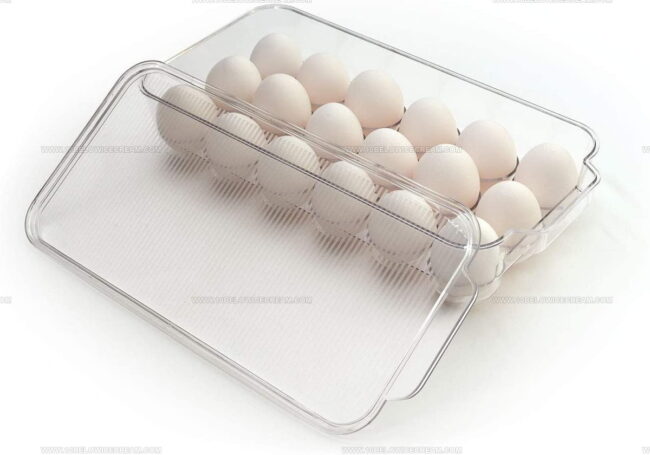
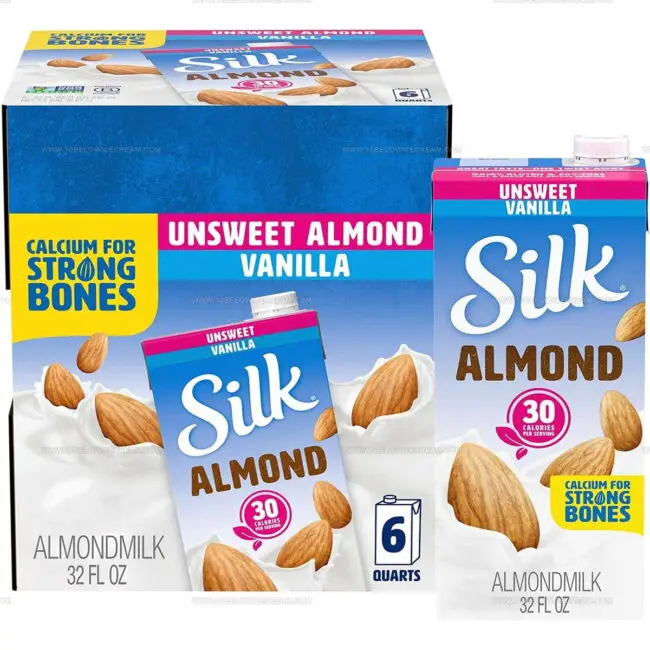
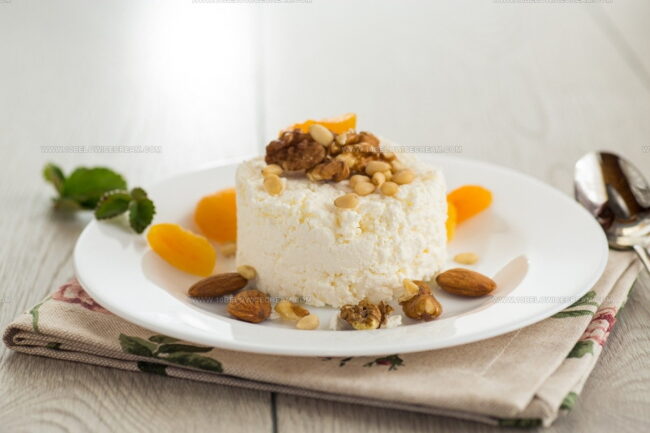
Olivia Brooks
Contributing Writer
Expertise
Education
Culinary Institute of America
Accelerated Culinary Arts Certificate Program
Focus: Culinary fundamentals, nutrition, and healthy cooking technique
Olivia believes good food should feed both the body and the soul. She earned her Accelerated Culinary Arts Certificate from the Culinary Institute of America, where she focused on nutrition and practical cooking techniques that make healthy eating easy.
At 10 Below Ice Cream, Olivia shares single-serving recipes that are fresh, plant-forward, and full of heart. She loves helping people eat better, without stress, strict rules, or sacrificing flavor.
Beyond the kitchen, Olivia spends her time tending her backyard garden, practicing yoga, and discovering hidden gems in Portland’s food scene.